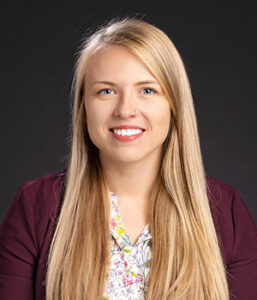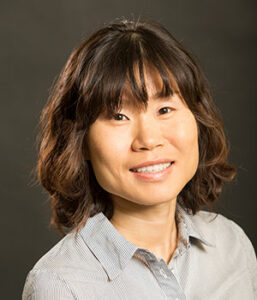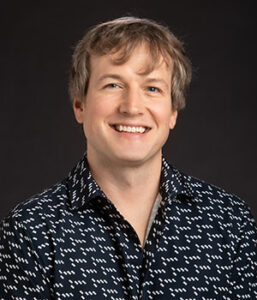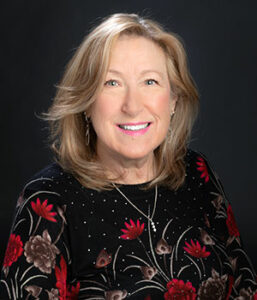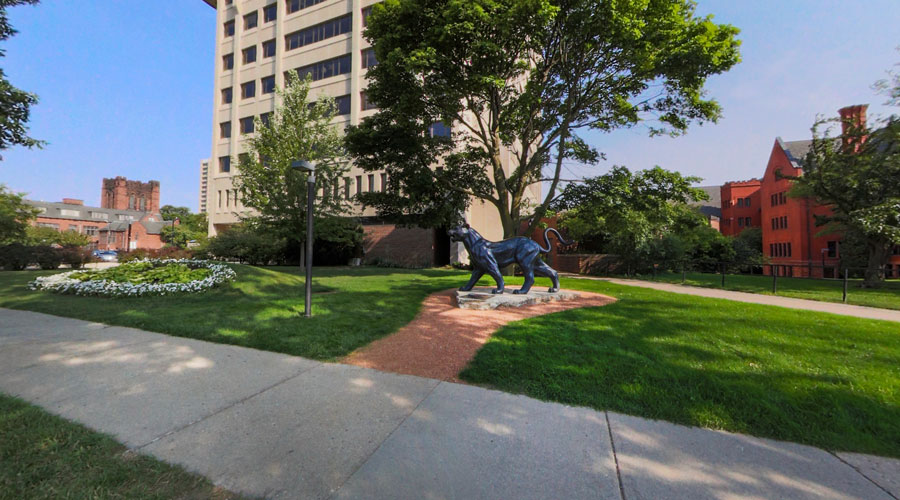Educational Psychology: School Psychology MS
School psychology is not only a fulfilling career path — it’s also a growing and in-demand profession.
Program Type
Master’s
Program Format
On Campus
Why Choose Our Program?
- The School Psychology Program adheres to American Psychological Association and National Association of School Psychologists guidelines for graduate training. Both degree programs are NASP-accredited, and the PhD program is also accredited by the APA.
- The program and department are actively engaged in promoting diversity, equity and inclusion through curriculum, research and advising.
- Our beautiful campus — just blocks from Lake Michigan, 15 minutes from downtown Milwaukee and 90 minutes from Chicago — ensures plenty of practica and networking opportunities.
- You’ll work alongside internationally known faculty who are leaders in their field and have the opportunity to play in active role in faculty research.
- UWM is Wisconsin’s most diverse university and has more than 50 years of training school psychologists who are multiculturally competent and prepared to work in urban settings.

The master’s degree in Educational Psychology (School Psychology concentration) is designed as part of the Educational Specialist (EdS) degree in School Psychology. Students earn a master’s degree along the way to their EdS degree upon completion of the master’s degree requirements. The School Psychology MS degree requirements include 31 graduate credits and passing the comprehensive exam. After completing the master’s degree requirement, students move on to the EdS degree program. An EdS degree is required for a school psychology license. As such, the master’s degree is not a terminal degree.
With a strong urban mission, our program is dedicated to increasing knowledge, sensitivity and awareness of practices best suited for individuals from diverse socio-cultural backgrounds. We use a scientist-practitioner model and emphasize biological, social-cognitive, developmental and ecological systems theories as applied to serving children from diverse backgrounds in schools.
Career
The Graduate School provides a range of resources for student professional development on its website.
Program Requirements
Students in the School Psychology MS concentration pursue the Education Specialist (EdS) as their terminal degree. An EdS degree in School Psychology is required to become a licensed school psychologist in K-12 settings. The MS program track requires a minimum of 31 credits.
Application Process
To earn the EdS degree which is a terminal degree and required for a license, students must first apply to the School Psychology MS degree program.
All applications must be completed fully online through the UWM Graduate School’s Panthera Application System.
Final Deadline for Fall Admission: Final application deadline is Jan. 3 for Fall admission.
After completing review of applications, the admission committee will invite approximately 30 to 40 applicants for a virtual or in person interview each February for admission to the following Fall semester.
Note: The program requires three letters of recommendation. These letters must be submitted through the application’s electronic recommendation feature by the recommenders themselves. Letters uploaded or sent by the applicant will not be accepted.
Note: Per Wisconsin Department of Public Instruction regulations, a criminal background check is required prior to official admission to the program. Applicants to whom admission is offered will receive instructions for completing the criminal background check.
- Associate Professor, Educational Psychology
- Program Director, School Psychology MS/EdS
- kwonk@uwm.edu
- Enderis Hall 721
- Kellner Professor, Educational Psychology
- Program Director, School Psychology PhD
- Training Director, School Psychology EdS/PhD
- kstoiber@uwm.edu
- Enderis Hall 775
Kyongboon Kwon, PhD, Associate Professor
Dr. Kwon’s research focuses on children’s peer socialization in schools. She focuses on children’s naturally occurring peer groups (e.g. cliques, friendship groups, classroom) and their effect on children’s social, emotional and academic functioning. For example, she examines peers as an evaluator of others’ emotional characteristics and how they are related to social/behavioral and academic outcomes. She also examines how children regulate peers’ emotions and how theirs is regulated by others through social interactions.
Karen C. Stoiber, PhD, Kellner Professor
Dr. Stoiber’s research interests include examining evidence-based approaches to promoting early literacy, social competencies and implementation of multi-tiered intervention models. Research questions she explores include: How can teachers’ intentional focus on children’s self-control and social competence improve student engagement and academic achievement? How can school psychologists promote student mental health and reduce the achievement gap through multi-tiered systems of support? She co-founded the APA Division 16 Task Force on Evidence-Based Interventions in School Psychology and founded the Translation of Research to Practice Working Group.

